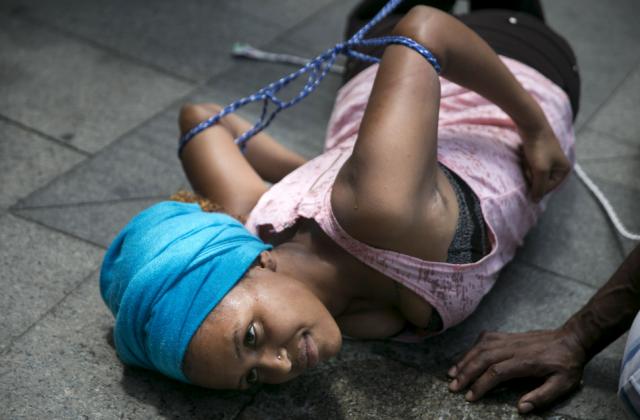- Stay Connected
“Eritrea is a mutant copy of North Korea:” a reporter speaks on the land of no journalists

On September 18, 2001, as the world reeled from the September 11, 2001 terror attacks in New York and international attention focused on the United States, the president of a tiny African country decided journalists were no longer needed in his country. Isaias Afwerki, the president of Eritrea— which borders Ethiopia and lies 20 miles across a strategic shipping canal from Yemen—announced that all independent media organizations were to cease activity. Private presses were shuttered and broadcasters closed down; journalists were rounded up and put in prison. The deplorable state of press freedom in the Horn of Africa country—Eritrea has been ranked bottom of Reporters Sans Frontieres’ (RSF) Press Freedom Index in eight out of the last nine years—has led to the country being dubbed Africa’s North Korea, in comparison with the East Asian totalitarian dictatorship.
But Fathi Osman, an ex-Eritrean diplomat who fled the country and now works for Paris-based Radio Erena, an Eritrean media outlet in exile, says that comparison doesn’t do the situation in his home country justice. The Eritrean capital Asmara, he says, is a less open place than Pyongyang.
“This is not a catchphrase, this is a well-deserved description. When you have one newspaper, one radio, and people are not allowed to leave the country from aged nine to 57—imagine that,” Osman, 51, tells Newsweek . “So we are maybe the worst copy of North Korea, [like] when you have a genetic mutation…Eritrea is a deformed copy.”
read more
